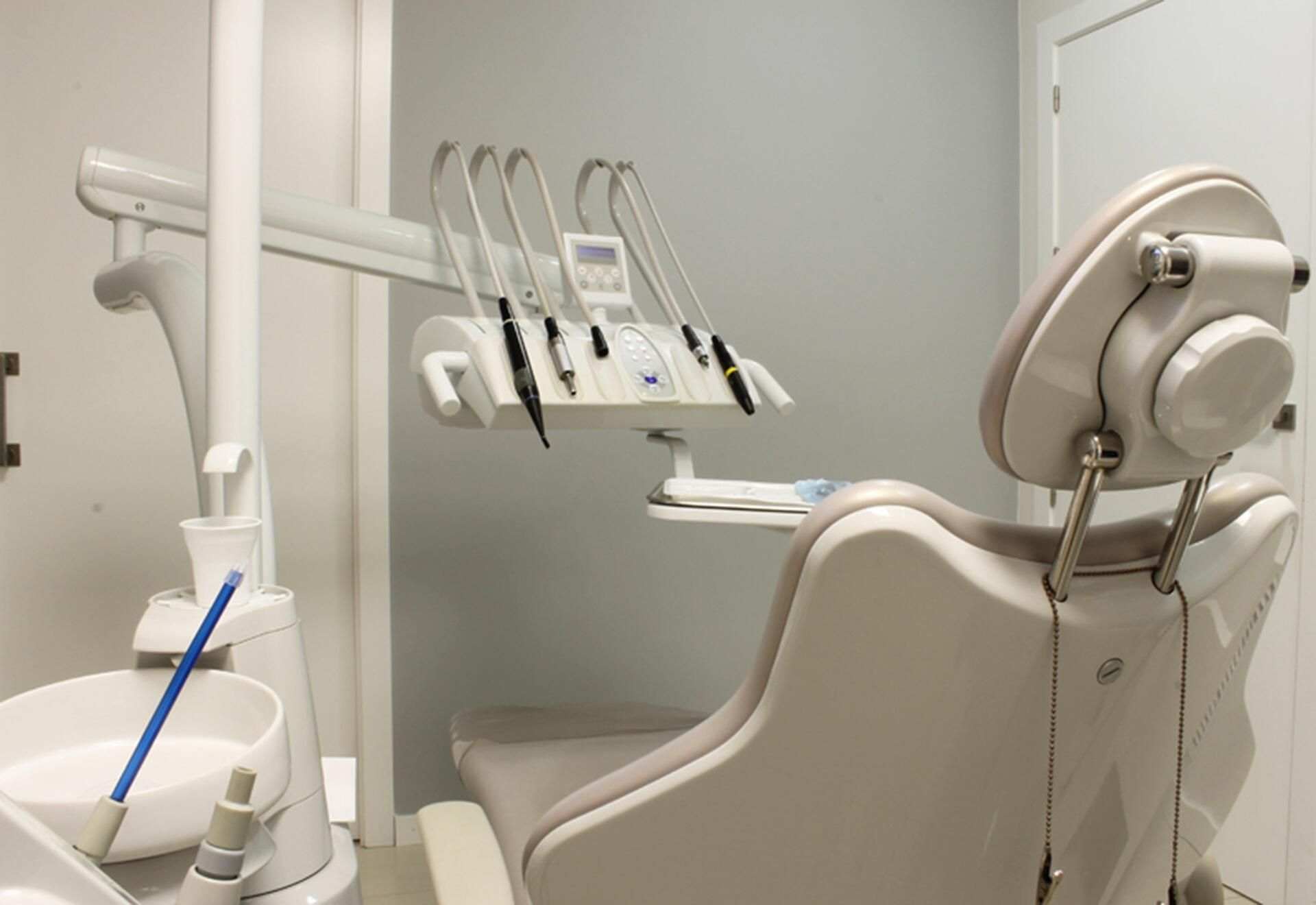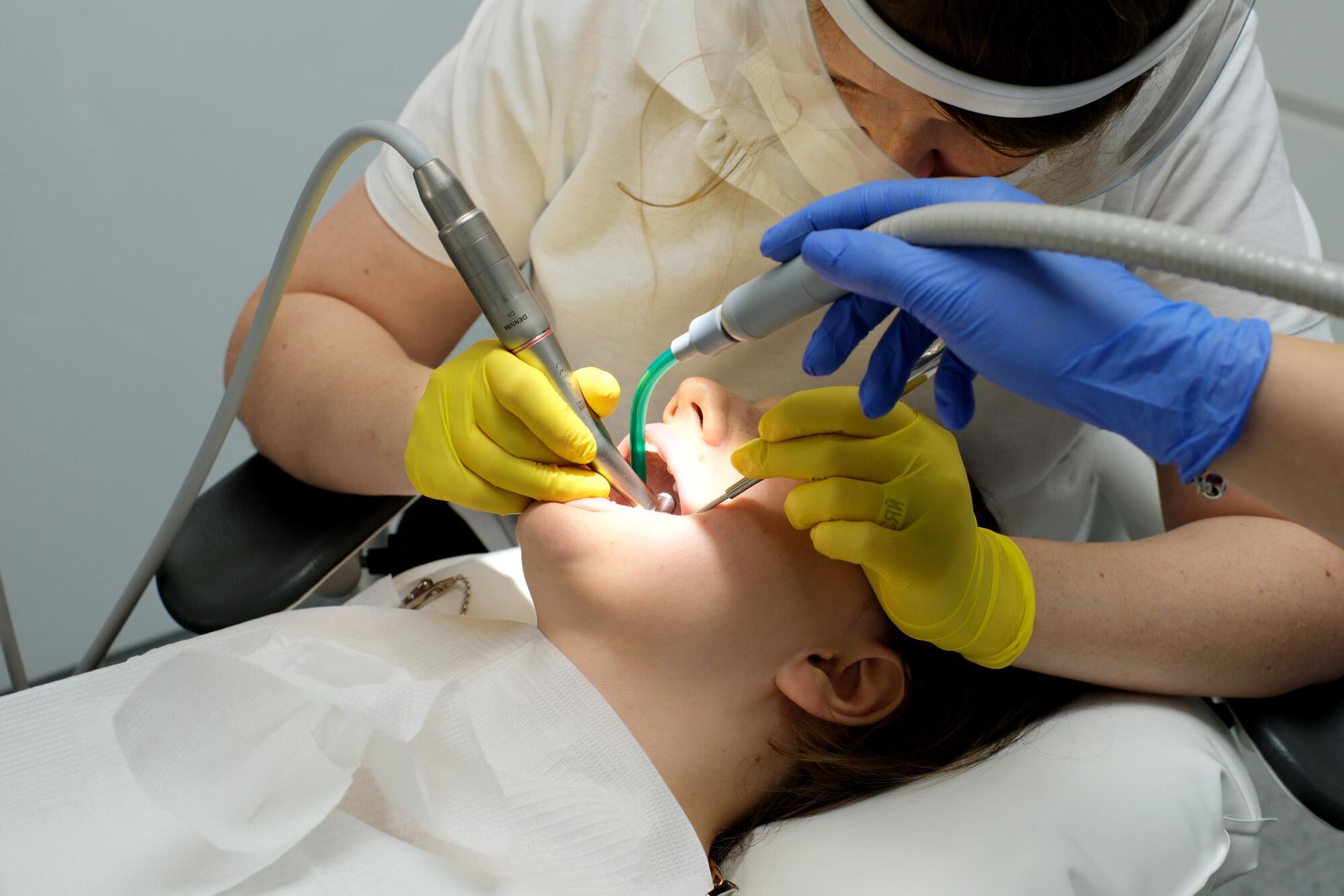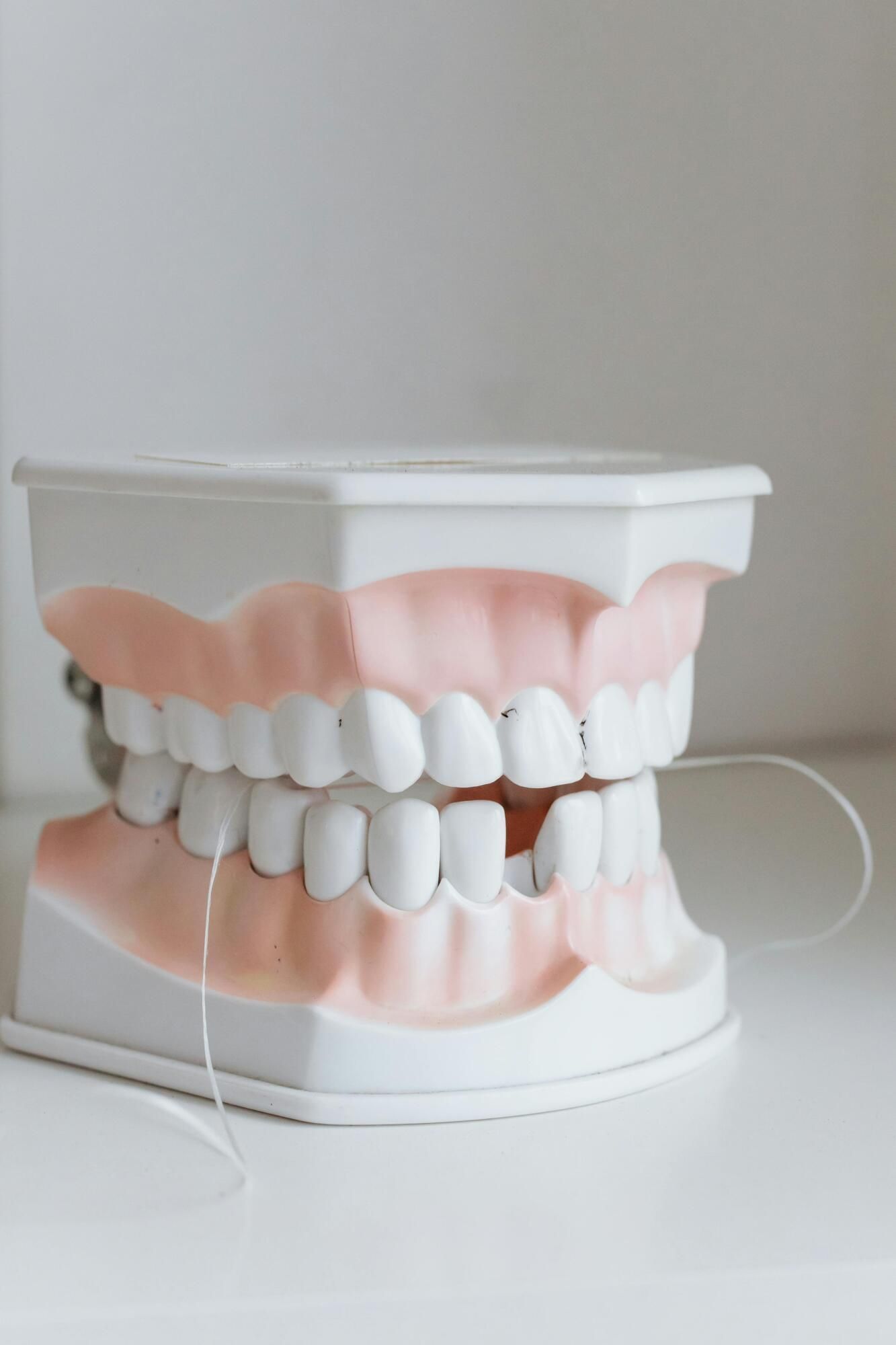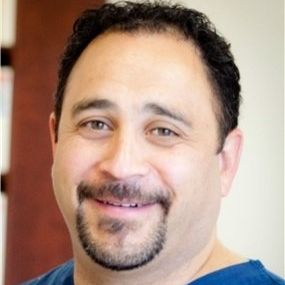The Complete Guide to Cracked Tooth Syndrome and How to Treat It
Problems with your teeth often become apparent with a rush of pain in your mouth. Maybe you bit down on something too hard or recently got hit in the jaw. All you know now is that your tooth hurts and it looks like it may be broken.
Cracked tooth syndrome is the term used for teeth that have suffered some crack or damage. It's different than a chipped tooth in that the damage is much more substantial. A crack may point to a much more severe oral problem, so it's important to get it checked out as soon as possible.
Here's everything you need to know about cracked tooth syndrome and your treatment options.
Diagnosing a Cracked Tooth
First of all, you need to establish whether or not you have a cracked tooth as opposed to a chipped tooth or something more serious.
There are a few different cracked tooth syndrome symptoms to keep in mind. Dental pain is one of the more prominent ones, but any pain you feel could also be linked to something like an infection or a jaw injury.
Usually, tooth pain presents itself in two ways: when you bite down and in intervals. The pain rarely persists unless there is something else going on.
In addition to pain, you may develop a sensitivity to heat, cold, or sweetness. Swelling of the gum is another common symptom of a cracked tooth.
There's also the possibility that you can see the crack yourself. You may see a faint line where it has begun to form. If it's more apparent, then the damage may be more severe than a simple crack.
In either case, the best way to tell is by visiting your local dentist during their emergency care hours.
Types of Tooth Cracks
Cracked tooth syndrome presents itself in many stages. In its earliest stage, you should be able to get it repaired without issue. Later on, the tooth can split completely and will require more extensive care.
The most minor form of cracks is craze lines. These are very small cracks in the enamel that won't cause pain or require treatment.
A fractured cusp is when a crack occurs around a dental filling. These are easily fixed.
If your crack doesn't pass your gum line, the tooth is in a bad place but may be salvaged. Once it goes past, it may be too late. You'll likely need the tooth extracted.
A split tooth happens when the entire tooth is separated into two pieces. Your dentist may salvage part of your tooth depending on the split, but it'll most likely need to be removed.
The most serious form of tooth crack is the vertical root fracture. This starts at the gum line and goes upward. Infection is possible in this situation.
Causes of Cracked Teeth
Teeth may crack for several reasons, such as an infection or biting down on something harder than the tooth itself. Some causes include grinding your teeth, chewing hard foods often, and even weakening due to age.
If your teeth have already had fillings, then they may weaken the integrity of your tooth if they're too large. Physical impacts can damage your teeth, whether they're from a fight or an accident. Even drinking ice water after eating something hot can cause a tooth to crack.
Cracked Tooth Syndrome Treatments
A cracked tooth doesn't always mean it's a lost cause and that you'll need an extraction. In many cases, your dentist should be able to restore it as well as new it.
Minor cracks in the outer layer don't require any treatment at all. What's more serious is when a crack develops in your molar, which handles a bulk of your chewing duties.
Treatment for cracks in your molar may involve a crown, root canal, or tooth extraction. If one of your front teeth is cracked, bonding can be used to seal it.
How to Prevent Cracked Tooth Syndrome
Remember to take good care of your teeth if you want to avoid a cracked tooth. Your teeth are made of enamel that doesn't repair itself. It won't heal like a broken bone.
Avoid biting down on hard objects like popcorn kernels or ice. Similarly, don't grind your teeth or clench them. Wear a mouthguard if you play contact sports.
In some cases, you may need to get a retainer or nighttime mouthguard if you grind your teeth while you sleep.
Get any cavities filled if you have them. Cavities can weaken your teeth and lead to a chip or crack developing.
Seeking Dental Care
If you suspect a cracked tooth, seek dental care as soon as possible. Depending on your dental provider, you may need to get a referral first from a general dentist in Largo, FL. Most offices have emergency visit hours that can set up these appointments.
Your dentist may send you to an endodontist. They specialize in treating dental pulp and root issues. A general dentist may perform tooth bonding if one of your front teeth has a minor crack.
It's unadvised to hold off on repairing a cracked tooth. As you put more pressure on the tooth, the crack will worsen and eventually turn into a complete split. At that point, your dentist may not be able to salvage it.
The cost of a cracked tooth repair will depend on its severity. Minor bonding may cost as low as $100 while dental veneers can cost up to $1,500.
Save Your Smile One Tooth at a Time
Cracked tooth syndrome should not be taken lightly. Even a minor crack may develop into something much worse if left unchecked. Your local dentist is there if you need help diagnosing a cracked tooth and getting it fixed.
Looking for the best dentist Largo, FL has to offer? Bardmoor Family Dental has you covered. Our services include general dentistry, cosmetic dentistry, oral surgery, and more.
Contact us to let us know about your dental issues and learn about how we can help.

The patient and any other persons responsible for payment has the right to refuse to pay, cancel payment or be reimbursed for payment for any other service, examination or treatment which is performed as a result of and within 72 hours of responding to the advertisement for the free, discounted-fee service or reduced-fee service, examination or treatment.
All Rights Reserved | Bardmoor Family Dental











